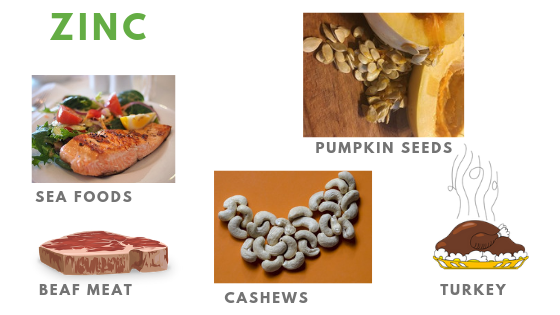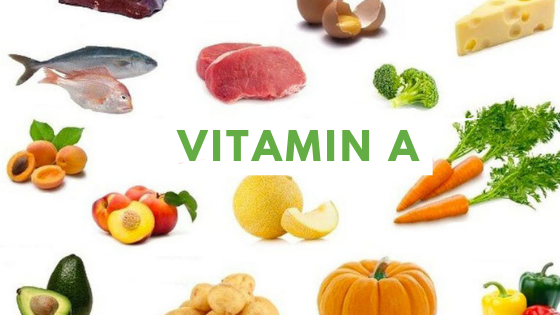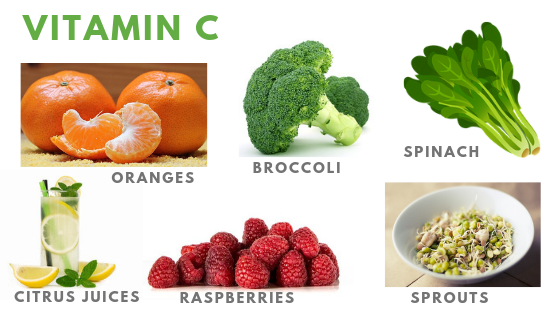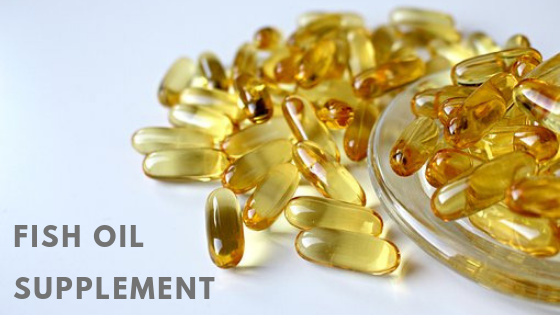Acne
also called as Pimples are common for almost everyone. Everyone gets acne at
some point of time. It is a skin condition that occurs when hair follicles plug
with oil and dead skin cells.
Cause:
Acne
occurs when sebaceous (oil) glands attached to the hair follicles are
stimulated at the time of puberty or due to other hormonal changes.
Most
of the teenagers face this problem because during Puberty, change in hormone
levels tends to increase the amount of oil production.
Hormonal
imbalance can also cause due to improper diet. It is sure there are medicines
to cure this problem but with some side effects.
So why not try curing acne naturally by just eating & treating with these foods?
FOODS THAT MIGHT HELP CLEAR UP ACNE NATURALLY
Avoid meat that contains
hormones and similar substances which could throw your hormones out of balance,
causing acne. Instead, eat plenty of fiber, fresh vegetables and fruits. Foods
rich in vitamin A, C, E, and zinc can help reduce the severity of acne through
the nutrients’ anti-inflammatory properties. Some good sources of these
vitamins include: Sweet red peppers, Kale, Spinach,Amaranth
Leaves, Turnip Greens, Sweet Potato (Yams), Pumpkin, Butternut,Squash, Mangoes,
Grapefruit, Cantaloupe
Zinc:
Zinc is a mineral which boosts our immune system. It also
helps in curing skin related problems. Zinc regulates metabolism and
hormone levels in human body.
Increasing zinc intake to 40 mg/day has been shown to help
even severe acne cases. Eat pumpkin seeds and cashews,
beef and turkey, quinoa and lentils, and seafood to
boost zinc levels.
Vitamin A:
Low levels intake of vitamin A is also a reason to cause
acne. Try intake of vitamin A in your diet. Vitamin A also helps to improve eye
sight, stops headace, fights cancer. Recommend not to take vitamin A medicines,
but eat foods like liver (including cod), oily fish, and a whole host of
cheeses (most of them stinky), try eggs, sweet potatoes and winter squash.
Vitamin C:
Vitamin C can improve the rate of healing. It does this in
part by helping to make collagen, an important protein used to repair skin
tissue, cartilage, blood vessels and heal wounds. You can take 2 to 3 doses of
Vitamin C for a total of 500 mg a day. You can also add vitamin C-rich foods to your daily
diet. Good natural sources of vitamin
C are: Sweet red or green peppers, Citrus fruit such as oranges, pomelo,
grapefruit, limes or non-concentrated citrus juices. Spinach, broccoli and
brussel sprouts, Strawberries
and raspberries, Tomatoes.
Drink green Tea:
Drinking green tea is not directly linked with preventing
acne. But, it contains many antioxidants that show anti-aging effects and
protect the skin. These can help your skin look fresher and younger. To
make green tea, steep 2-3 g of green tea leaves in one cup of warm water
(80-85°C) for 3–5 minutes. Green tea can be taken two to three times daily.
Green
tea may also have anti-inflammatory effects that reduce the risk of cancer.
Some research shows that green tea is especially useful in protecting skin from
harmful UV radiation
Apply aloe vera gel:
Daily apply aloe
vera gel liberally over your
skin. You can find it at most drug stores. Aloe vera is a succulent plant with
antibacterial properties that are effective in treating acne and reducing
inflammation. It prevents bacteria from infecting acne wounds and speeds up the
healing process.
Some
people may be allergic to aloe. If a rash develops, stop using it and speak
with your healthcare provider.
Apply
Honey:
Studies
have found applying antioxidants to the skin is more effective at reducing acne
Try
a honey mask. Apply a thin layer of honey every day or so, leave on for 15
minutes, and rinse it off with warm water.
Take
a Fish Oil Supplement
Omega-3
fatty acids are incredibly healthy fats that offer a multitude of health benefits. Fish
oils contain two main types of omega-3 fatty acids: eicosapentaenoic acid (EPA)
and docosahexaenoic acid (DHA).
EPA benefits the skin in several ways, including managing oil production,
maintaining adequate hydration and preventing acne. High levels of EPA and DHA
have been shown to decrease inflammatory factors, which may reduce the risk of
acne. In one study, 45 individuals with acne were
given omega-3 fatty acid supplements containing both EPA and DHA daily. After
10 weeks, acne decreased significantly. There is no specific recommended daily
intake of omega-3 fatty acids, but most health organizations recommend healthy
adults consume a minimum of 250–500 mg of combined EPA and DHA daily. You can also get omega-3 fatty acids by
eating salmon, sardines, anchovies, walnuts, chia seeds and ground flaxseeds.
Acne is a common
problem with a number of underlying causes. However, conventional treatments
can cause dryness, redness and irritation.
Fortunately, many
natural remedies can also be effective. The home remedies listed in this
article may not work for everyone, but they just might be worth a try.
Comment below if it worked for you.
Comment below if it worked for you.













0 Comments